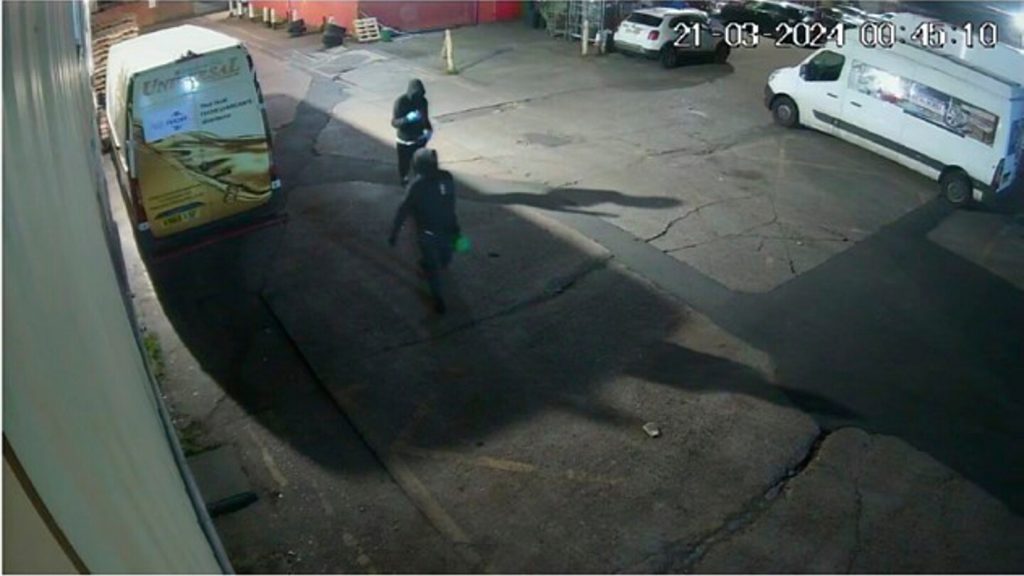LONDON (AP) — Nearly at midnight, a truck driver resting in his cab was alerted by the sound of crackling flames at a warehouse in east London that contained equipment for Ukraine. He quickly grabbed a fire extinguisher and rushed out, but soon realized the fire was too intense and retreated instead.
When the police arrived, they knocked on the doors of a nearby apartment complex, urging residents to evacuate. Parents hurried out with their children into the street.
About 30 minutes following the blaze, Dylan Earl, a British national who confessed to organizing the arson, received a text from a man believed to be his Russian handler. The message simply read in Russian: “Excellent.”
On Tuesday, a British court convicted three men for their involvement in a March 2024 arson plot, which prosecutors linked to Russia’s intelligence agencies—a point of part of a broader disruption campaign across Europe, attributed to Moscow and its affiliates. Two others, including Earl, previously admitted guilt for orchestrating the incident.
This fire is one of over 70 incidents connected to Russia that The Associated Press has cataloged since Russia’s invasion of Ukraine in February 2022.
Four European intelligence officials voiced their concern to AP over the rising danger of serious injuries or fatalities as untrained saboteurs set fires near residential areas, plant explosives, or create bombs. Notably, AP’s tracking reported 12 incidents of arson or serious sabotage last year, a sharp rise from just two in 2023 and none in 2022.
As one senior intelligence official remarked, “When you start a campaign, it creates its own dynamics, leading to escalating violence over time.” The Kremlin has not responded to requests for comment on the British case, although spokesperson Dmitry Peskov previously stated that they have never been shown “any proof” of Russia conducting a sabotage campaign and categorically denied all allegations.



